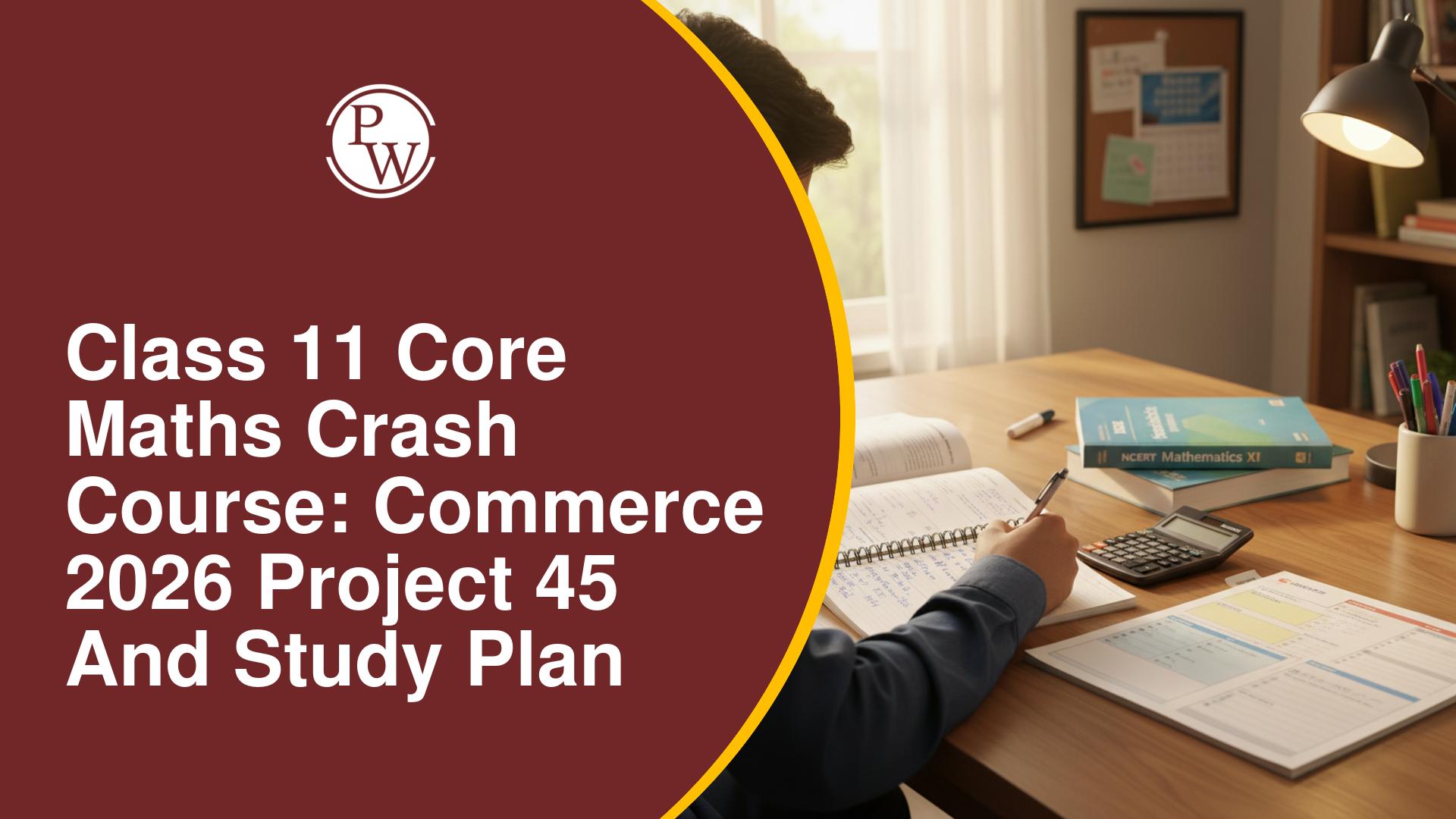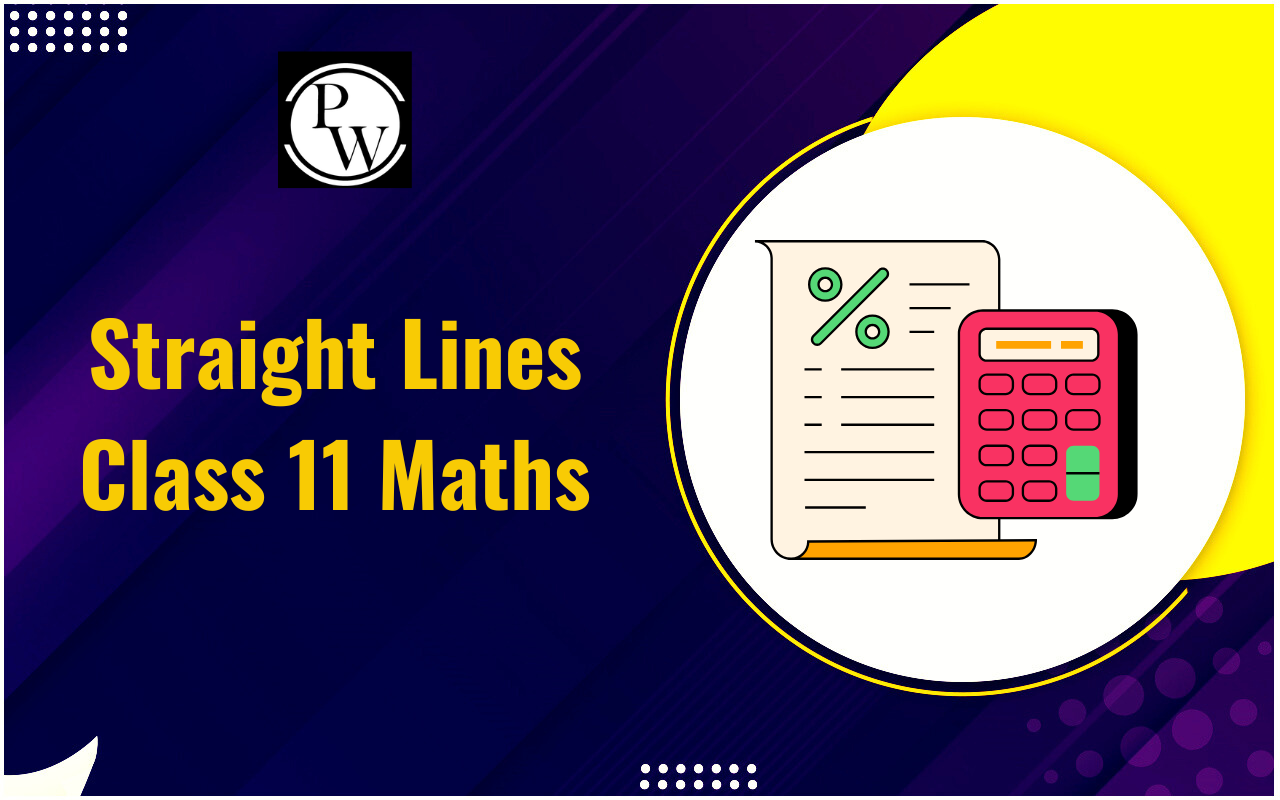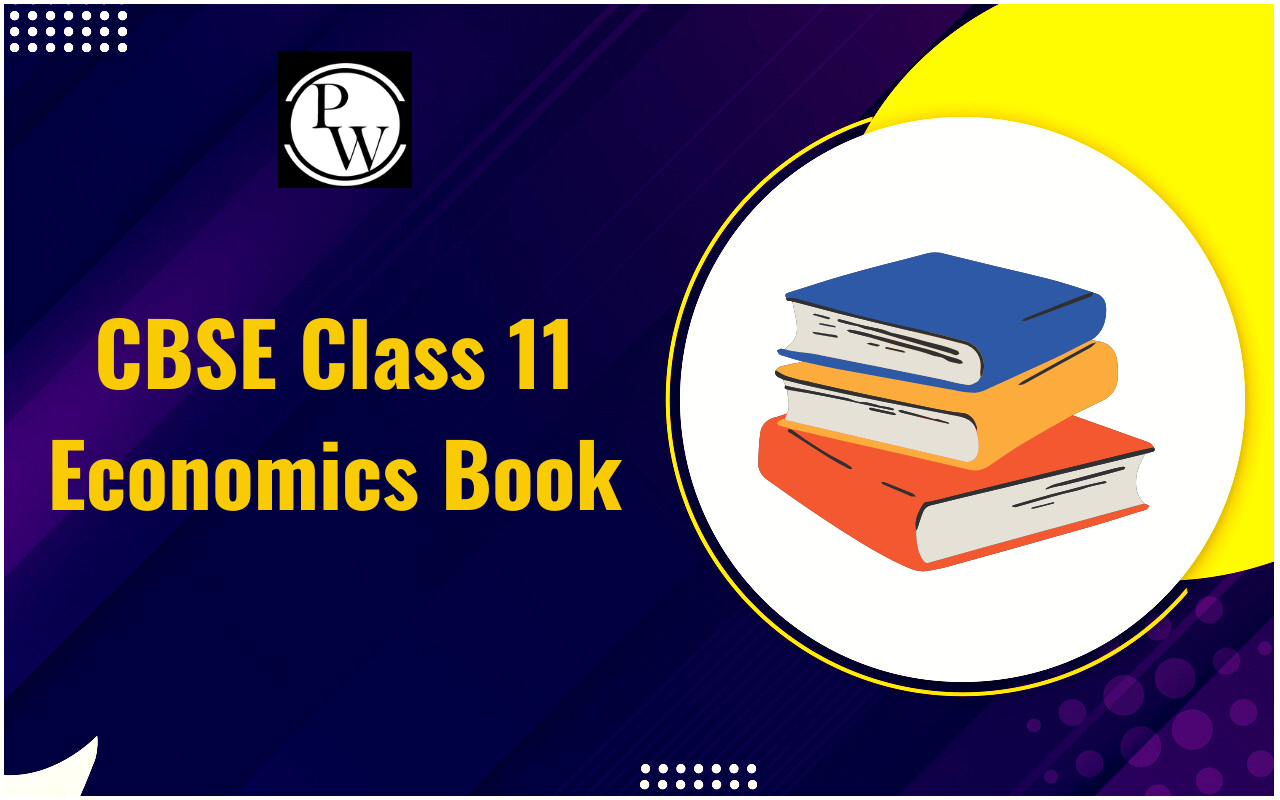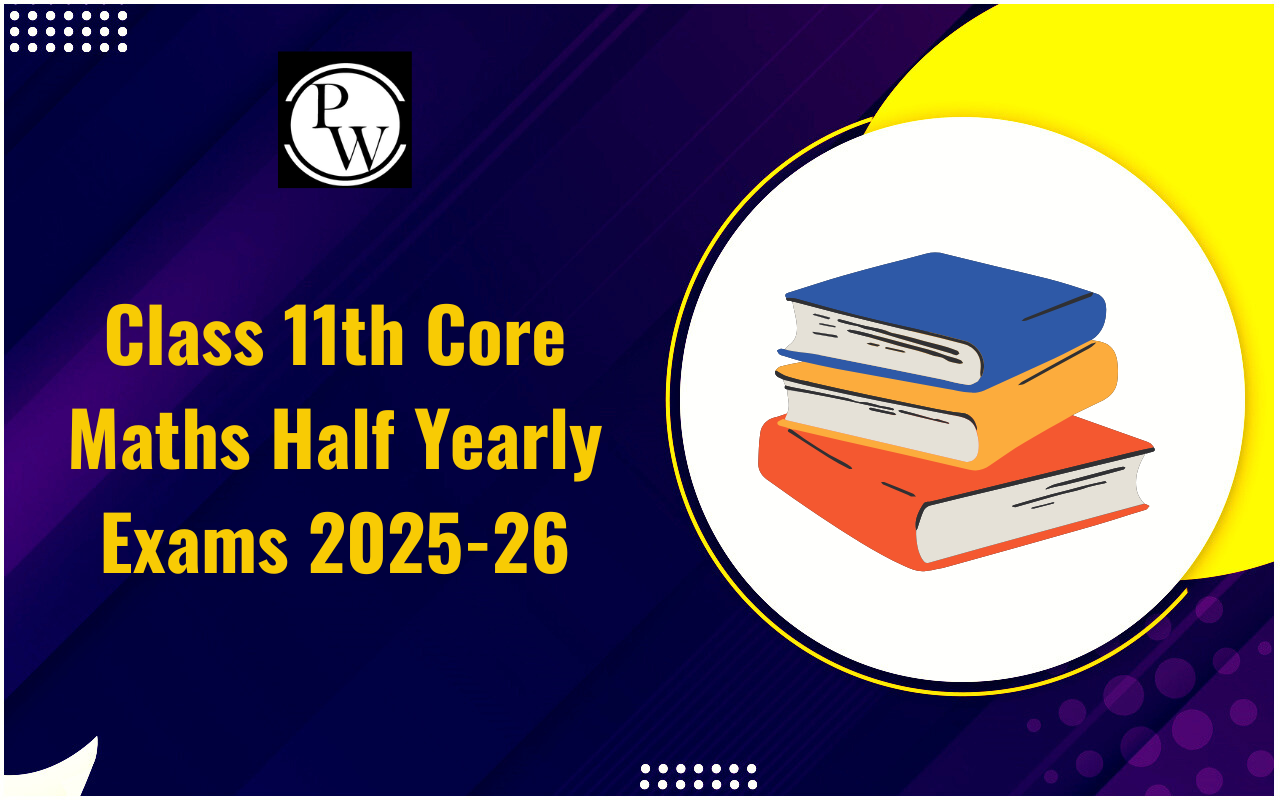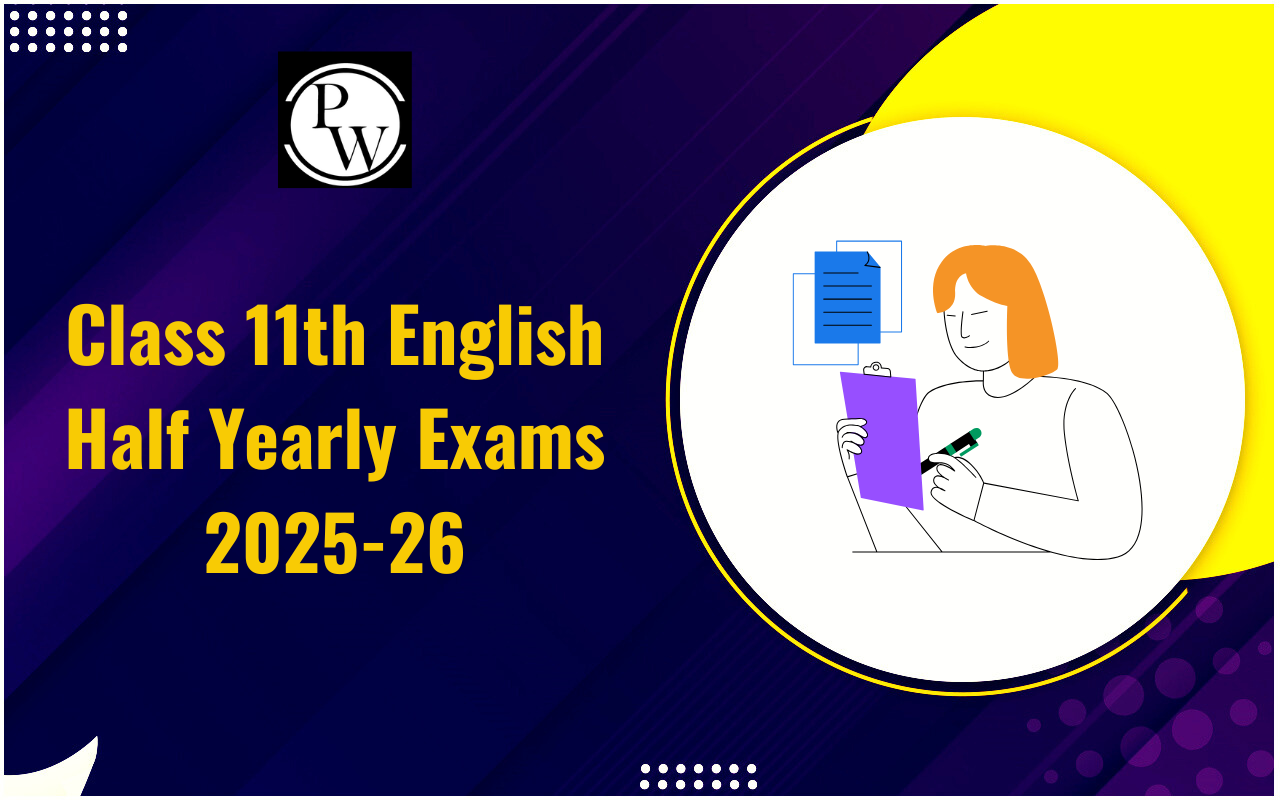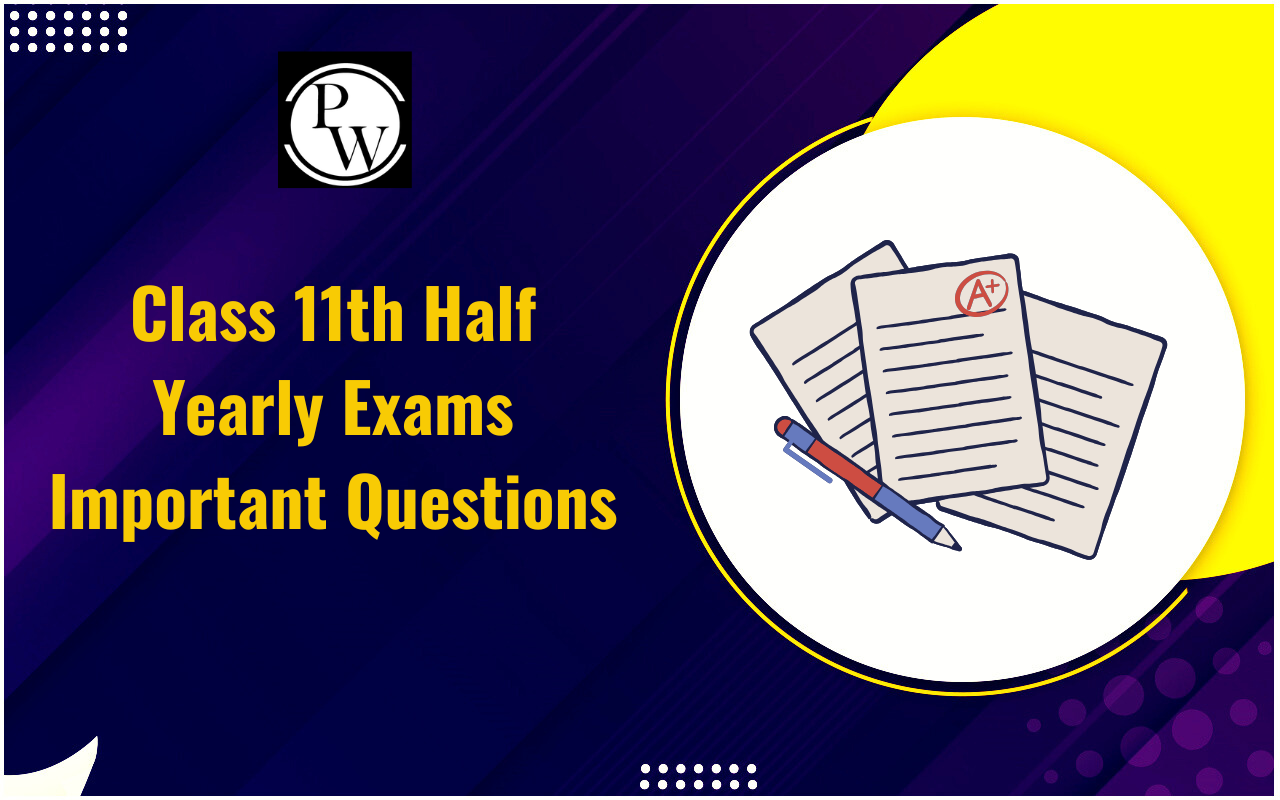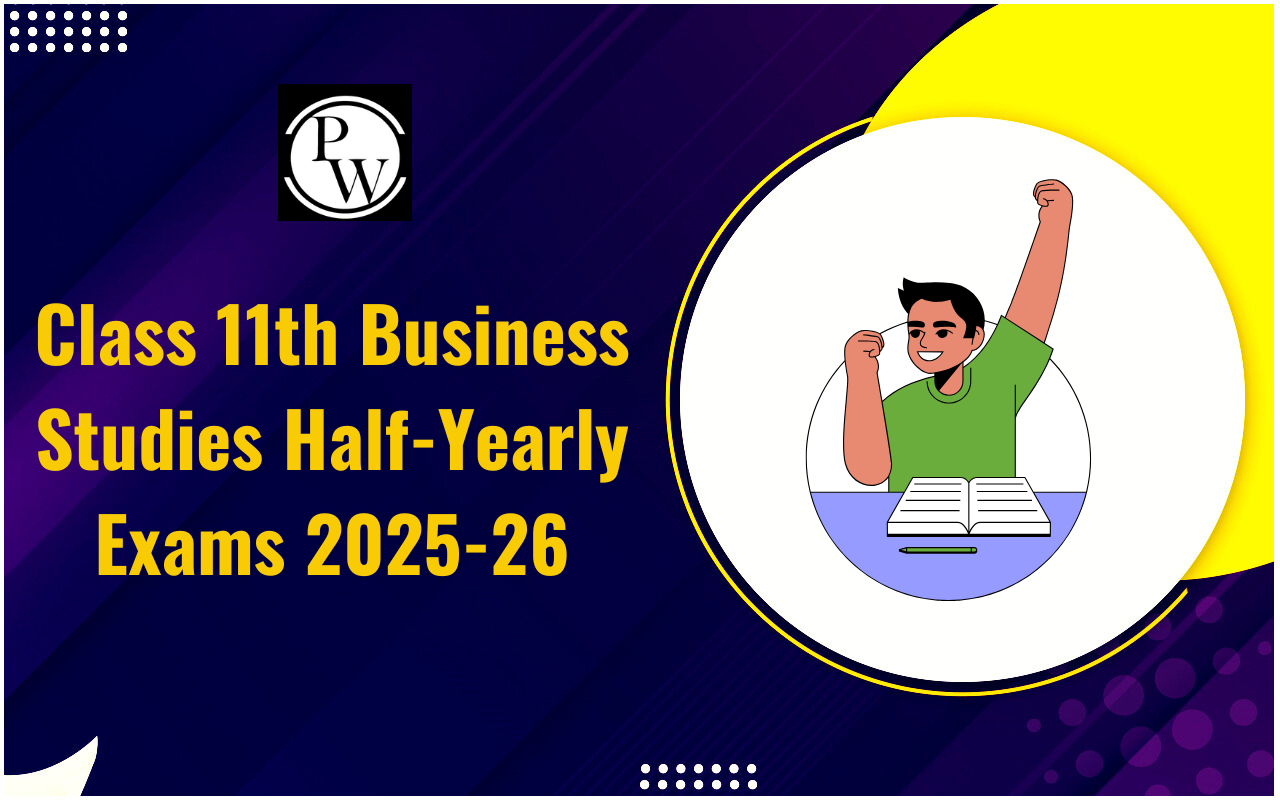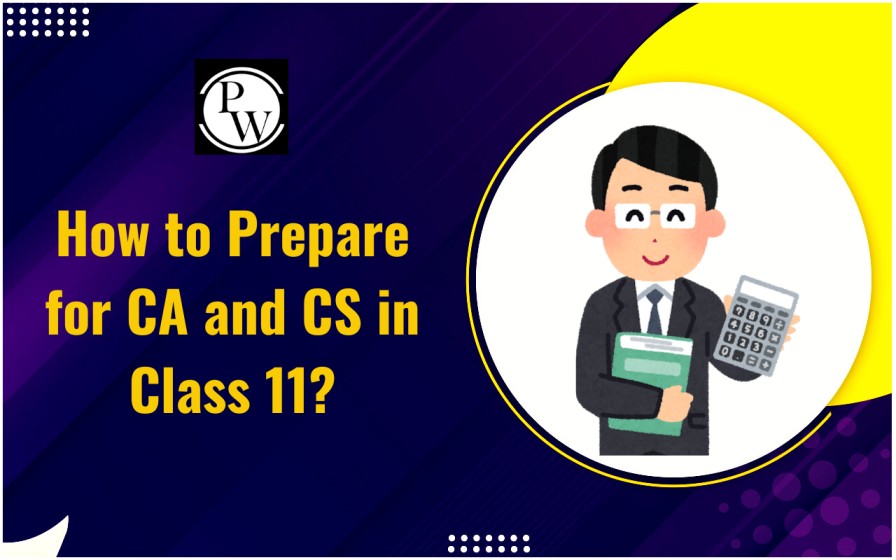
Class 11 Accountancy Half Yearly Exam is one of the most important subjects for commerce students. It helps in building a strong foundation for higher classes and competitive exams. The subject introduces the basic rules of recording and summarizing financial transactions. Preparing for the Class 11 Accountancy Half Yearly Exam gives students a clear understanding of fundamental concepts and improves analytical thinking. This guide explains the syllabus, important chapters, preparation tips, common mistakes, and writing strategies for the Accountancy Half Yearly Exam.
Class 11 Accountancy Half Yearly Exam
The Class 11 Accountancy Half Yearly Exam plays a key role in checking a student’s understanding of basic concepts. It covers both theory and practical questions. Students learn how to record transactions, prepare ledgers, and prepare financial statements.
The subject is important because it teaches how businesses maintain systematic records. Without practice, the exam may feel lengthy, but regular revision makes it easy to handle. Scoring well in the Accountancy Half Yearly Exam also boosts confidence for annual exams.
Class 11 Accountancy Half Yearly Syllabus
The syllabus of the Class 11 Accountancy Half Yearly Exam focuses on introducing basic principles and applying them in practice. Students study journals, ledgers, trial balance, depreciation, and bank reconciliation.
| Class 11 Accountancy Half-Yearly Syllabus Overview | |
| Unit/Topic | Detailed Sub-Topics |
| Introduction to Accounting |
|
| Theory Base of Accounting |
|
| Recording of Transactions |
|
| Trial Balance and Errors |
|
| Bank Reconciliation Statement (BRS) |
|
| Depreciation |
|
Class 11 Accountancy Half Yearly Important Chapters
Some chapters are more important for the Class 11 Accountancy Half Yearly Exam because they carry higher weightage.
| Class 11 Accountancy Half Yearly Important Chapters | |
| Unit/Topic | Important Sub-Topics to Focus On |
| Introduction to Accounting | Meaning of Accounting, Objectives, Advantages, Limitations |
| Theory Base of Accounting | Basic Concepts (Business Entity, Going Concern, Accrual, Matching, Conservatism), Accounting Principles, Conventions, Accounting Standards |
| Recording of Transactions | Journal Entries, Ledger Posting, Cash Book (Single & Double Column), |
| Trial Balance and Errors | Preparation of Trial Balance, Types of Errors (Errors of Omission, Commission, Principle, Compensating) |
| Bank Reconciliation Statement (BRS) | Concept & Need of BRS, Preparation of BRS with Adjusted Cash Book t |
| Depreciation | Meaning & Causes of Depreciation, Methods of Depreciation (Straight Line Method) |
Class 11 Accountancy Sample Paper 2025-26
Practicing Class 11 Accountancy Sample Paper 2025-26 is very important. It helps students understand the question pattern, improve time management, and check their preparation level. Solving sample papers regularly gives an idea of how to attempt questions in the final exam.
Class 11 Accountancy Half-Yearly Preparation Strategy
Preparing well for the Class 11 Accountancy Half Yearly Exam requires a clear strategy. Below, we’ve mentioned some simple steps to follow:
-
Understand Concepts: Focus on understanding basic accounting terms and principles rather than rote learning.
-
Practice Regularly: Solve journal entries, ledger postings, and trial balance questions every day.
-
Use Sample Papers and Important Questions Class 11 Accountancy: Practice past year questions and sample papers to get exam familiar.
-
Clear Doubts: Don’t hesitate to ask teachers or friends if students find any topic difficult.
-
Revise Notes: Keep revising important chapters and formulas regularly.
Common Mistakes to Avoid in Class 11 Accountancy Half Yearly
Students often make mistakes that reduce their scores in the Accountancy Half Yearly Exam. Below, we’ve mentioned some of these common errors:
-
Ignoring Basic Concepts: Don’t skip understanding basic accounting terms.
-
Incorrect Journal Entries: Learn the correct format and rules for making journal entries.
-
Skipping Practice: Not practicing questions slows down their problem-solving speed.
-
Confusing Debit and Credit: Always remember the rules of debit and credit to avoid errors.
-
Not Revising: Ignoring revision can cause forgetting important points.
-
Poor Presentation: Write answers neatly and stepwise for easy checking by examiners.
Class 11 Accountancy Half Yearly Exam Writing Tips
Writing the Class 11 Accountancy Half Yearly Exam effectively is as important as preparation. Use these tips to score well:
- Read Questions Carefully: Understand what each question asks before answering.
- Show Steps Clearly: Write all calculations and reasons step by step.
- Use Proper Headings: Divide their answers with clear headings (like Journal, Ledger, Trial Balance).
- Manage Time: Allocate time to each question and try to answer all.
- Review Answers: If time permits, check their answers for mistakes.
- Stay Calm: Keep a positive attitude and do not rush through the paper.
Studying well for the Class 11 Accountancy Half Yearly Exam with clear concepts, regular practice, and smart strategies will help students achieve success. Use Important Questions Class 11 Accountancy and Half Yearly Sample Papers Accountancy as their study tools. Regular revision and attention to detail are the keys to success in CBSE Class 11 Accountancy and other boards alike.
Class 11 Accountancy Half Yearly Exam FAQs
Which chapters are important for the exam?
How can I score well in the exam?
Why should I solve sample papers?
What mistakes should I avoid?


